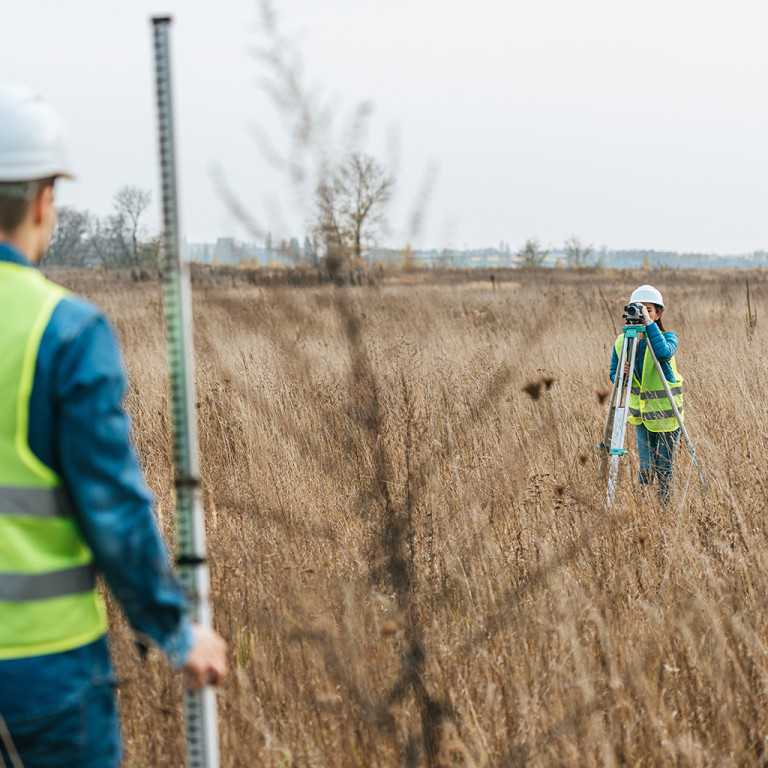Erecting a shed or an outbuilding on land within the curtilage of your house does not require planning permission, however, certain exceptions are not necessarily well known.
Do I need planning permission for my outbuilding?
Outbuildings are considered to be permitted development so do not need planning permission, however, this is subject to conditions such as;
- Should not be on land forward of a wall forming the principal elevation.
- Should be single-storey.
- No verandas, balconies, or raised platforms exceeding 0.3 metres in height.
- No more than half the area of land around the "original house" should be covered by additions or other buildings.
- In National Parks, Areas of Outstanding Natural Beauty, and World Heritage Sites the maximum area to be covered by buildings, etc should be no more than 20 metres from the house and limited to 10 metres square.
What is permitted development?
This type of development is generally permitted by Class E, Part 1 Schedule 2 of the Town and Country Planning (General Permitted Development) (England) Order 2015 (“GPDO”) which sets out the requirements and limitations of various forms of permitted development.
What does the law say?
A recent appeal decision has further clarified the requirement in Class E that the outbuilding must be required for a purpose incidental to the enjoyment of the dwellinghouse. The outbuilding erected was to provide a garage/bike and bin store, home office, and gym. The Council and the Inspector accepted that the proposed uses could be considered genuinely incidental to the enjoyment of the dwelling house and therefore the issue in this appeal related to whether the floor space allotted to the proposed uses, individually and collectively, would be reasonably required. The Inspector referenced the Oxford English Dictionary for the definition of ‘required’ as ‘needed for a purpose’. This definition alongside the Courts’ interpretation of ‘required’ as ‘reasonably required’ led the Inspector to resolve that in the context of Class E, the outbuilding proposed would be reasonably needed for that purpose. The Inspector accepted that the garage/bike and bin store and the gym were both of a size that was reasonably needed for that purpose and therefore required for purposes incidental. The home office on the other hand was quite substantial in the context of a private dwelling house and larger than the area of the existing study within the main dwelling.
The Inspector considered that the availability of potentially usable space within the main dwelling was a material consideration in assessing whether the home office within the proposed outbuilding was required for purposes incidental to the enjoyment of the dwelling house using the interpretation of reasonably needed for that purpose. The Inspector found that due to the increased size of the outbuilding, largely to house the home office, the outbuilding as a whole was not genuinely and reasonably required for purposes incidental to the enjoyment of the dwellinghouse and they dismissed the appeal. This meant that the landowner would either have to apply for planning permission or propose a new outbuilding that would meet the conditions of Class E.
The full appeal decision can be found here.
Find out more
If you have any concerns relating to whether or not your proposed outbuilding is going to be lawful, or if you would like any other planning advice please contact us. Our experienced team of planning lawyers are on hand to advise on any planning related matters.






